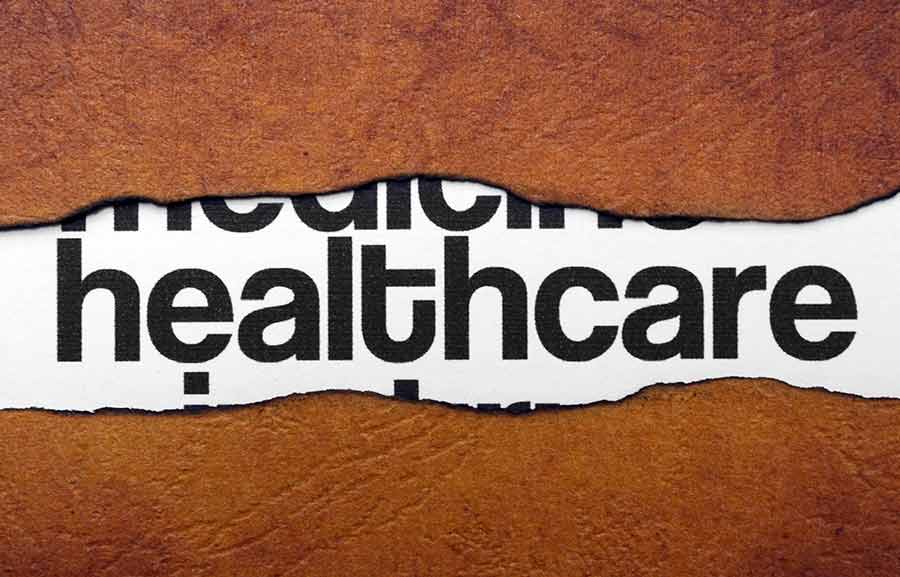
According to an audit conducted by the office of the Treasury Inspector General of Tax Administration, fraud associated with the health care law could become a major concern without some key changes to IRS policy. At issue are the government tax subsidies that are designed to make buying health insurance more affordable for low- and middle-income taxpayers.
Starting in January, eligible taxpayers who signed up for health insurance through the marketplace exchange may qualify for the subsidy, known as the Premium Tax Credit. Eligibility for the credit is determined by your projected income and family size and the amount of the credit you can receive is based on a sliding scale.
Taxpayers can choose to get the credit in advance by having it applied directly to their health care premiums or wait until the end of the year. If you underestimated your income, you’ll have to pay back any amount of credit you weren’t eligible to receive. If your income was actually lower than what you projected, some or all of the credit may be refunded to you when you file.
Since the credit is refundable, it can benefit taxpayers who have little or no tax liability which makes it potentially more vulnerable to abuse, according to the audit. Republican Senator Orrin Hatch called the system, which effectively pays taxpayers first and verifies income later, a “fraudster’s dream come true”.
In outlining the audit findings Inspector General J. Russell George said, “The IRS’ existing fraud detection system may not be capable of identifying (Affordable Care Act) refund fraud or schemes prior to the issuance of tax return refunds.” Specifically, the audit noted that critical elements of IRS security controls failed when subjected to testing and that anti-fraud programs were still in development.
The report went on to say that, “Without adequate fraud mitigation controls, the IRS may be unable to identify ACA refund fraud or schemes prior to the issuance of erroneous refunds.” Auditors also said that the IRS had acknowledged limitations with its existing fraud detection system, including an inability to keep up with rising a levels of fraud.
In response to the report, IRS Chief Technology Officer Terence Milholland noted that security has been improved since the audit was completed and that the agency is engaged in ongoing measures to detect and prevent tax refund fraud.
Acting IRS commissioner Danny Werfel also released a statement which addressed the audit’s findings. “The IRS has a strong, effective system in place for administering the premium tax credit, “Werfel said. “We have a proven track record of safely and securely transmitting federal tax information and we have a robust and secure process in place to deliver this important credit for taxpayers.”
The audit outlined seven recommendations for the IRS, including the development of an action plan for resolving security test issues and an update to the Internal Revenue Manual, which would outline measures for identifying and preventing potential fraud. The IRS agreed with six of the recommended measures but said that developing an action plan was not necessary since the agency already appropriate measures in place.
The Congressional Budget Office estimates that more than 80 percent of people who sign up for health insurance through the marketplace will be eligible for some type of subsidy. With so many taxpayers potentially able to cash in on the credit, the IRS may face a monumental challenge once the new law takes effect.


Leave a Reply
You must be logged in to post a comment.